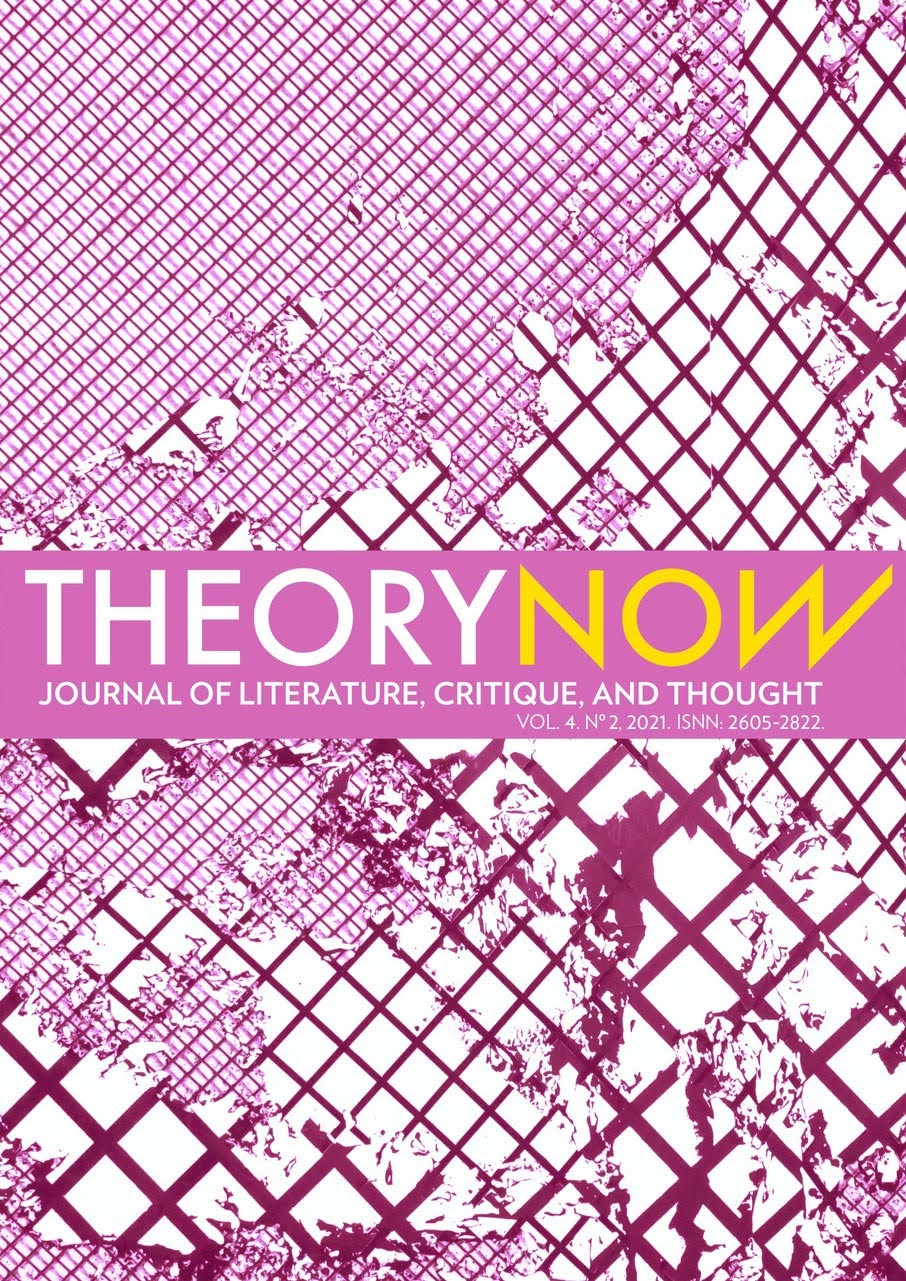Memory and Utopia
The Poetry of José Ángel Valente
DOI :
https://doi.org/10.30827/tn.v4i2.21075Résumé
In Memory and Utopia, Manus O’Dwyer offers a new insight into Valente’s poetics. Contrary to the view that Valente detached his verse from any kind of social or political commitment, O’Dwyer claims that the notions of void and self-negation are key to understand his desire to make his lines reach a broad community and recover the memory of the dead. The author delineates Valente’s poetic career on the basis on the identification between desolation and the Francoist dictatorship. Valente’s verse points at a new nothingness, but not with the selfish aim to enjoy an isolation from reality. Quite on the contrary, in his poems and essays, the non-place or desert, together with other poetic motifs that have been previously analysed from an erotic perspective, allows the poet to portray an impossible community that accepts all those who have been denied participation in the discourse of History. It is only by means of a language that has not been corrupted by the institutional discourse that the poet can draw the map of that utopian, literary space.
Téléchargements
Téléchargements
Publié-e
Comment citer
Numéro
Rubrique
Licence
Theory Now Journal of Literature, Critique, and Thought est une publication d’accès ouvert, immédiat et totalement gratuit pour les lecteurs autant que les auteurs. Les auteurs ne payent aucun frais pour le processus éditorial de leurs articles. Nous permettons la lecture, le téléchargement, la copie, la distribution, l’impression, la recherche, le lien ou la réutilisation de tous les travaux publiés à des fins non commerciales, à condition que l’auteur, la revue et l’entité éditoriale soient cités. La diffusion des articles dans les réseaux sociaux (Facebook, Twitter, LinkedIn, etc.) et scientifiques (ResearchGate, Academia.edu, etc.), les dépôts institutionnels universitaires et autres dépôts publics, blogs et web personnels ou institutionnels, Google Scholar, ORCID, ResearchID, ScopusID, etc., est vivement recommandée. Dans tous les cas, la propriété intellectuelle des articles et les possibles droits économiques dérivés d’eux sont conservés exclusivement par leurs auteurs.













